The proyect DecarBOOST produces reports y publications
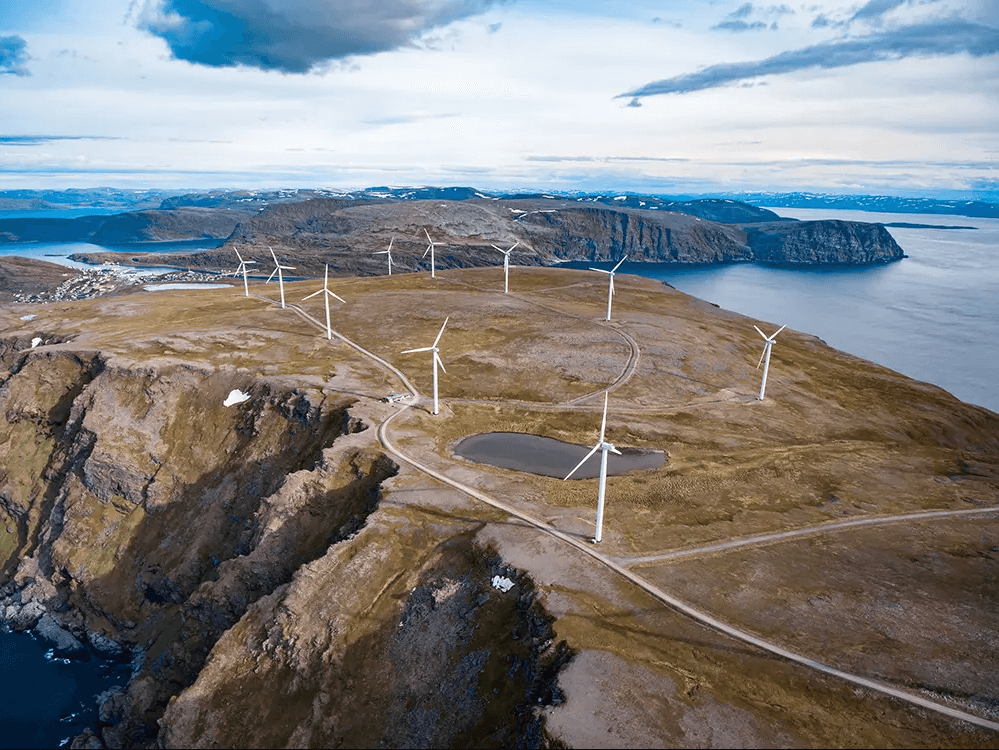
This issue is part of a series of publicactions on lessons learned from the DecarBOOST project. The 2023 series addresses—based on the learnings and results obtained by the project—the contribution to the decarbonization process in Latin America; the processes, results and lessons learned; the main topics addressed at COP27 and the challenges and opportunities they represent for Latin America. Finally, the next steps that are considered important to implement to continue strengthening decarbonization in Latin America.
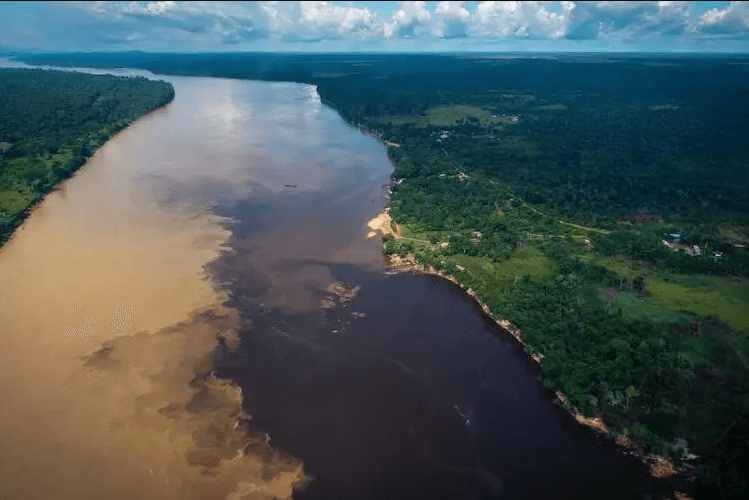
This is the second of two reports that cover insights from ongoing research undertaken within the DecarBOOST programme. This includes developing policies and frameworks that enable private sector investment associated with enhancing climate finance. We also assessed the role of Long-Term (Climate) Strategies (LTS), and provided insights on how the region could take advantage of the Glasgow Climate Pact agreements and the associated international voluntary pledges and initiatives launched around COP26 in Glasgow.
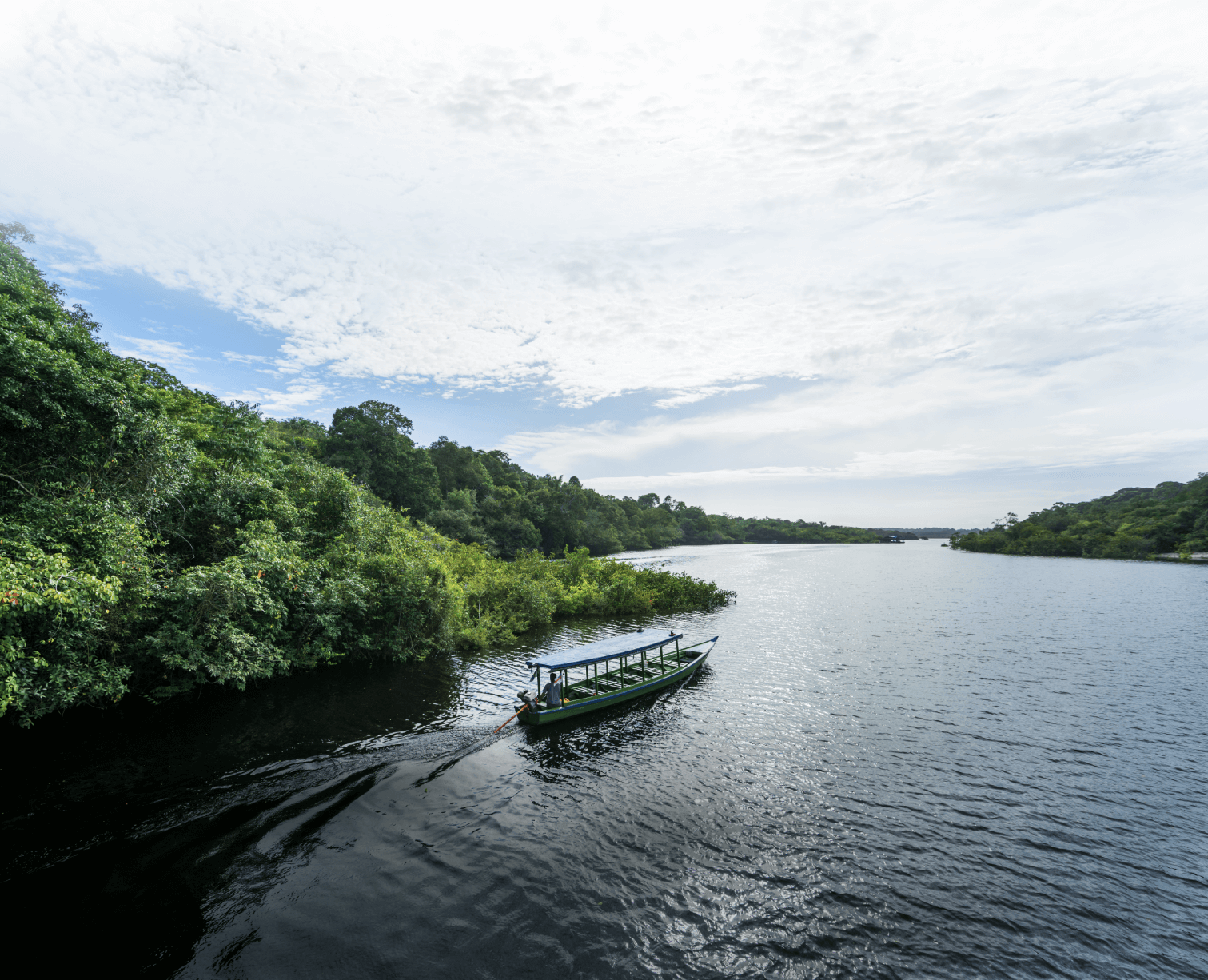
This publication, the second edition of a series of Lessons Learned, brings together information, learnings and best practices from the DecarBOOST project in Latin America, from different spaces of exchange and meetings organized by the project, its allies and international negotiations during the year 2022. It also includes summaries of the analysis and capacity-building events carried out within the Investment and Climate Community of Practice.
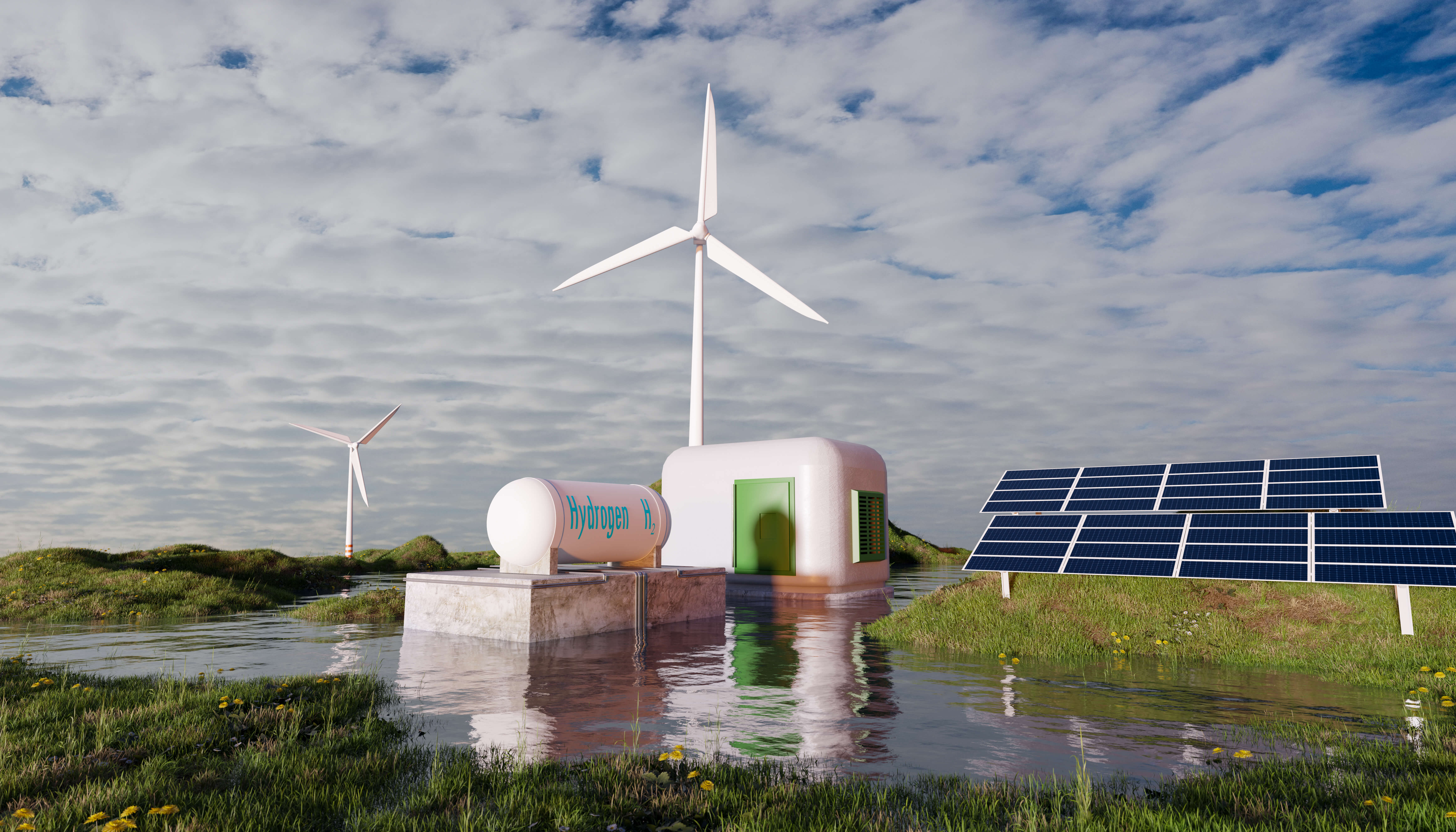
Hydrogen is expected to play an important role in the decarbonisation effort to keep global warming at 1.5 degrees. Net-zero models foresee its share in final energy consumption ranging between 3-20% by 2050. For hydrogen technologies to fulfil this role, sizeable investments need to be made to reduce production costs and improve end-use applications.
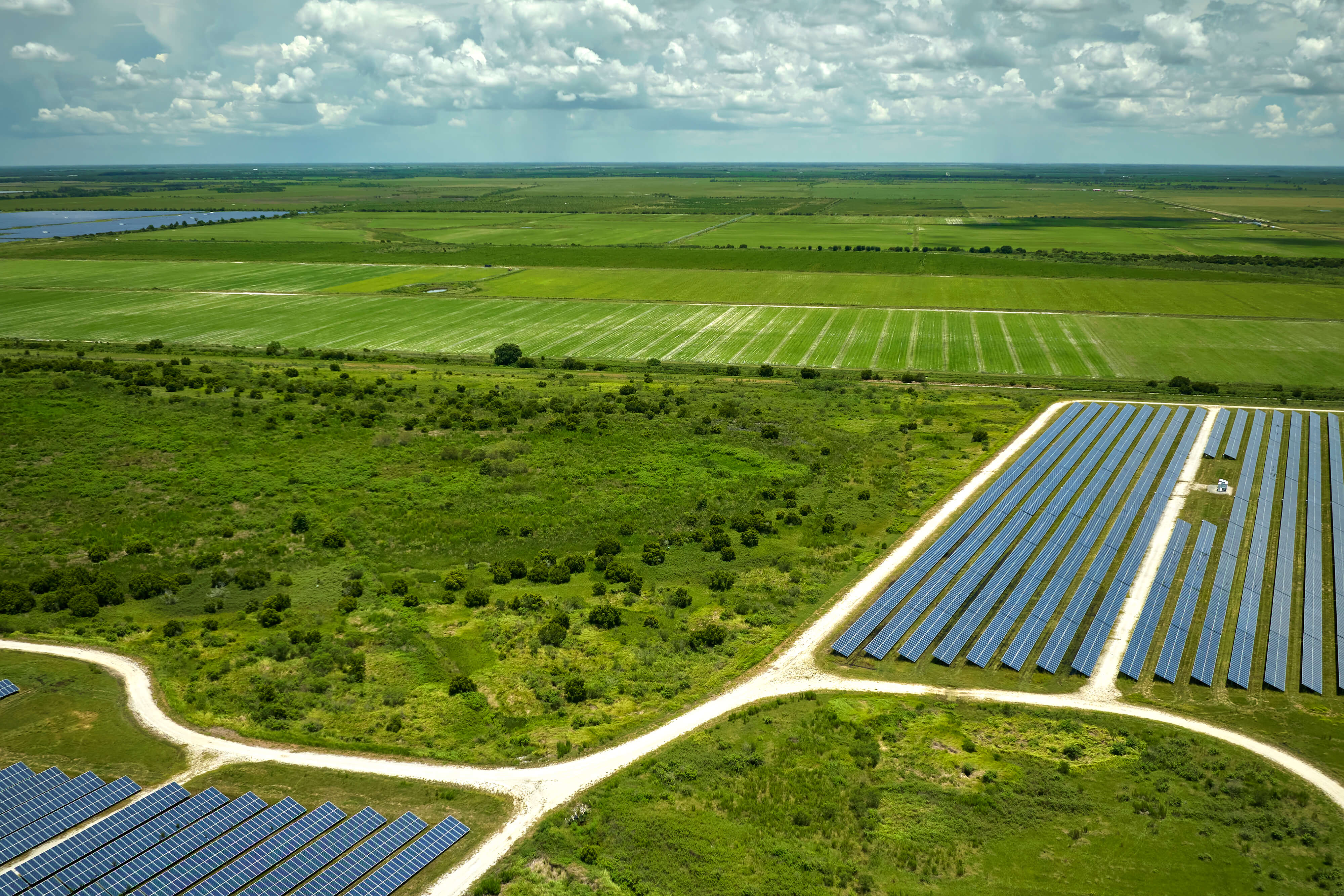
This report is the second of a series of three reports looking into investments needed to meet the climate mitigation objectives of the Paris Agreement in Latin America and the Caribbean (LAC).
This second edition focuses on the agriculture and food sector, analysing the status of the sector’s alignment with the objectives of the Paris Agreement and identifying investment opportunities that have the potential for transformational change to net zero emissions.
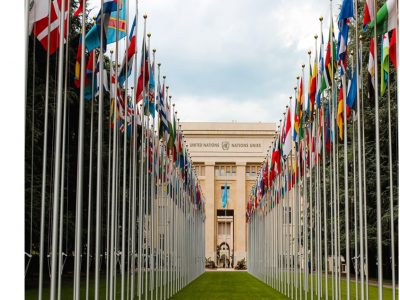
The International Dialogue Project-Level Input Dossiers is a series of two reports that cover insights from ongoing research undertaken within the DecarBOOST project. In this first edition, key lessons and insights from the project partners in Argentina, Brazil and Peru, are shared to enhance Nationally Determined Contributions (NDCs) and Long-Term Strategies (LTS) that are compatible with Paris Agreement, and to add value to international dialogues through peer-learning and knowledge exchange among countries in the Latin American and Caribbean region, and internationally.
Climate finance refers to local, national or transnational financing (drawn from public, private and alternative sources of financing) that seeks to support mitigation and adaptation actions that will address climate change.

This report was written by Maria Margarita Cabrera and Jorge Hinojosa from the CCAP Climate Finance Program. The authors would like to thank Libélula for their cooperation and support in the preparation of this document. In particular, we acknowledge the valuable contributions and commitment of the DecarBOOST team, Maite Cigarán, Pablo Santillán, Alexis Echevarría, Stefanía Sibille and Andrea Fonseca
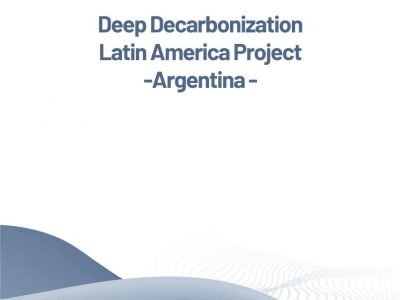
El presente informe es una revisión de las políticas implementadas en varios países, con un énfasis en Brasil, Australia y Canadá. En términos generales se concluye que estos países tienen puntos en común que pueden resultar interesantes a la hora de evaluar la situación argentina y el diseño de políticas.
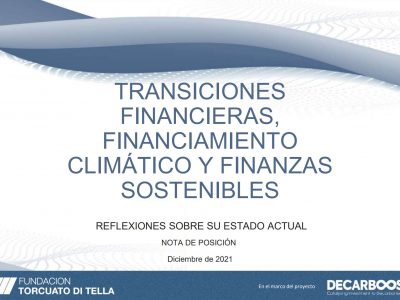
El propósito de esta nota es examinar las diversas cuestiones vinculadas con el financiamiento climático, las finanzas sostenibles y con los cambios estructurales que debieran permitir una apropiada transición financiera con la implementación del Acuerdo de París.
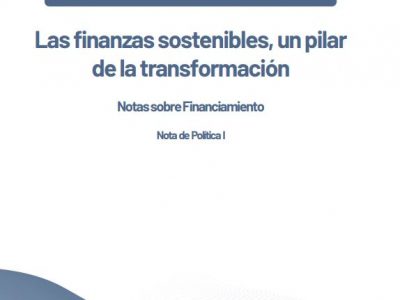
This note aims to explore issues related to sustainable finance and to consider in particular its recent evolution, examining it from the perspective of strengthening the structures for long-term transformation and sustainable development in Argentina and the region.
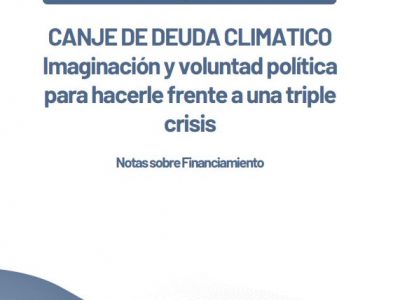
In this short note, the debt swap for climate action is presented as an instrument that allows the relief of the external debt of low and middle income countries, the transition towards carbon neutrality, and the reduction of inequality and poverty. .
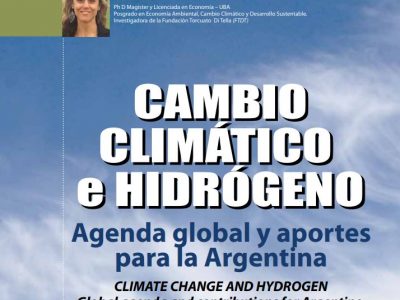
Progress in the definition of hydrogen Strategies at the international level is reviewed, the efforts being made by Argentina are reviewed and guidelines are proposed to promote an Argentine Hydrogen Strategy along four axes: R&D, Supply, Demand and International cooperation.
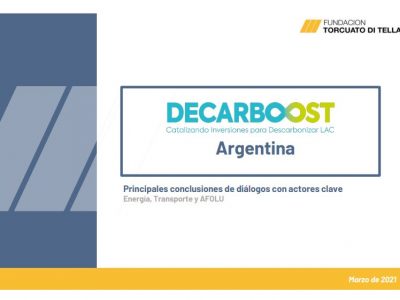
In the framework of our study “Conditions that allow the decarbonization of the country’s economy and the strengthening of resilience in Argentina” (Decarboost Project) in 2020, we held dialogues with actors from different sectors. These dialogues were key to enriching our work process and knowing in detail the perspectives of different sectors working with the common objective of achieving the reduction of greenhouse gas emissions.
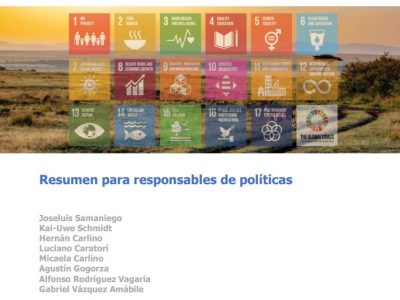
The study responds to a request made at the end of 2020 by the Carnegie Climate Governance Initiative (C2G) and the Economic Commission for Latin America and the Caribbean (ECLAC) to the Torcuato Di Tella Foundation.
This report synthesizes the best understanding of the potential implications of adopting nature-based options and technologies for carbon dioxide removal, with the objective of complementing the direct reduction of GHG emissions.
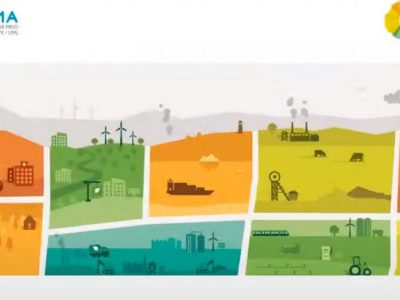
Às vésperas da Cúpula do G20 em Roma e da COP26 em Glasgow, o Climate Transparency lança o Relatório de Transparência Climática 2021, editado anualmente em parceria com organizações parceiras dos países do G20. O lançamento do estudo será na próxima quinta, 14 de outubro, às 15h, com transmissão ao vivo pelo canal do #CBC no YouTube. Será possível conhecer as principais conclusões da ação climática do G20 rumo à rede zero, bem como as perspectivas regionais e políticas.MOSTRAR MENOS
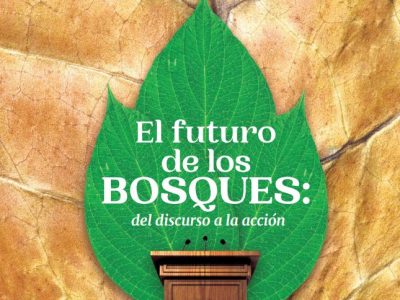
Mentioning the forests in Peru means talking about one of the greatest riches that our country has. Wealth that is not only reflected from an economic perspective, but from various aspects that encompass the goods and services that forests represent and generate for the benefit of Peruvians and also the entire world.

The Ministry of the Environment (MINAM) presented the document “Study on the perceptions of workers in the Environment Sector who perform Remote Work”, which contains the results of the investigation carried out in May 2020 and which aimed to know the perceptions of the Sector collaborators during the health emergency, as well as the aspects that impact their performance.

This issue is part of a series of publicactions on lessons learned from the DecarBOOST project. The 2023 series addresses—based on the learnings and results obtained by the project—the contribution to the decarbonization process in Latin America; the processes, results and lessons learned; the main topics addressed at COP27 and the challenges and opportunities they represent for Latin America. Finally, the next steps that are considered important to implement to continue strengthening decarbonization in Latin America.

This is the second of two reports that cover insights from ongoing research undertaken within the DecarBOOST programme. This includes developing policies and frameworks that enable private sector investment associated with enhancing climate finance. We also assessed the role of Long-Term (Climate) Strategies (LTS), and provided insights on how the region could take advantage of the Glasgow Climate Pact agreements and the associated international voluntary pledges and initiatives launched around COP26 in Glasgow.

This publication, the second edition of a series of Lessons Learned, brings together information, learnings and best practices from the DecarBOOST project in Latin America, from different spaces of exchange and meetings organized by the project, its allies and international negotiations during the year 2022. It also includes summaries of the analysis and capacity-building events carried out within the Investment and Climate Community of Practice.

Hydrogen is expected to play an important role in the decarbonisation effort to keep global warming at 1.5 degrees. Net-zero models foresee its share in final energy consumption ranging between 3-20% by 2050. For hydrogen technologies to fulfil this role, sizeable investments need to be made to reduce production costs and improve end-use applications.

This report is the second of a series of three reports looking into investments needed to meet the climate mitigation objectives of the Paris Agreement in Latin America and the Caribbean (LAC).
This second edition focuses on the agriculture and food sector, analysing the status of the sector’s alignment with the objectives of the Paris Agreement and identifying investment opportunities that have the potential for transformational change to net zero emissions.

The International Dialogue Project-Level Input Dossiers is a series of two reports that cover insights from ongoing research undertaken within the DecarBOOST project. In this first edition, key lessons and insights from the project partners in Argentina, Brazil and Peru, are shared to enhance Nationally Determined Contributions (NDCs) and Long-Term Strategies (LTS) that are compatible with Paris Agreement, and to add value to international dialogues through peer-learning and knowledge exchange among countries in the Latin American and Caribbean region, and internationally.
Climate finance refers to local, national or transnational financing (drawn from public, private and alternative sources of financing) that seeks to support mitigation and adaptation actions that will address climate change.

This report was written by Maria Margarita Cabrera and Jorge Hinojosa from the CCAP Climate Finance Program. The authors would like to thank Libélula for their cooperation and support in the preparation of this document. In particular, we acknowledge the valuable contributions and commitment of the DecarBOOST team, Maite Cigarán, Pablo Santillán, Alexis Echevarría, Stefanía Sibille and Andrea Fonseca